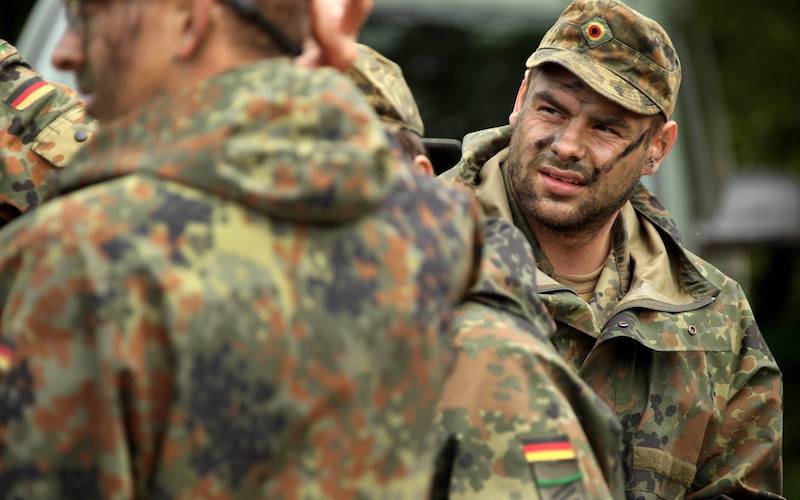
The Role of History in International Relations
In my PhD thesis, which I completed at the War Studies Department at King’s College London in March 2017, I analyzed whether both negative and positive historical facts can serve as a positive future motivator.
I analyzed British and German officer cadets’ views because soldiers (more than any other professional group) are inevitably connected with the history of their countries.
One might expect British cadets to have a positive understanding of history in contrast to their German peers who I expected to view history in a negative light.
My expectations proved to be wrong.
The vast majority of the British cadets who had graduated from university expressed a critical understanding of history. Although the majority viewed the Empire in a positive light, some were irritated by the apparent overly critical approach towards the Empire at universities in the UK. However, they were well aware of Britain’s less favorable historical episodes in the past.
In contrast to the German cadets, the British cadets considered it to be perfectly fine to choose from history only those parts which can help them to become good leaders in the present, for the most part century old traditions, successful battles, continuation of their historical family heritage and most of all they admired episodes when the British Army had helped others – although “helping others” was not always “appreciated” by those Britain aimed to help.
The German cadets on the other hand argued that it was impossible to pick from history only those parts which can be reflected in a positive light. “Obviously we cannot ignore Germany’s role in the First and Second World War. And surely we should never forget what has happened during the Holocaust. It’s a part of our history,” one of the German cadets explained in an interview.
However, when discussing their understanding of their history, the German cadets were more willing to talk about the positive historical episodes or events in German history than the negative ones. One of the most popular topics which the German cadets referred to was the German Reunification in 1989 and how peaceful demonstrations had not only led to Germany’s reunification but also to a democratic and powerful state which they consider to be worth protecting today.
In fact, both British and German cadets were able to reflect on many historical episodes which they considered to be positive – and those were (in most cases) historical catalysts in favour of a military career.
Negative episodes were also used to create positive factors for enlistment. Interestingly, however, only German cadets used negative episodes whereas British cadets preferred to motivate themselves with reference to century old traditions, their heritage or battles won by the British Army.
“I will try to make a better job than the officers in the Wehrmacht” one German cadets explained in an interview, “well, not all of them were involved in atrocities, but I want to make sure that similar events cannot be repeated in the future, at least not by me and my men. We are encouraged not to obey orders which are in conflict with human rights. And yes, it surely motivates me these days that I know that it has not always been like that in Germany.”
Both negative and positive historical events can serve as motivational forces in the present which means that politicians could refrain from a one-dimensional narration of history in order to promote national pride.
History remains to be an interpretative science. Although history students are still widely taught “historical facts” and are encouraged to recreate the past by an interpretation from many historical sources – in fact, history remains a political and motivational force subjected to interpretation, understanding and a very personal understanding of intention.
